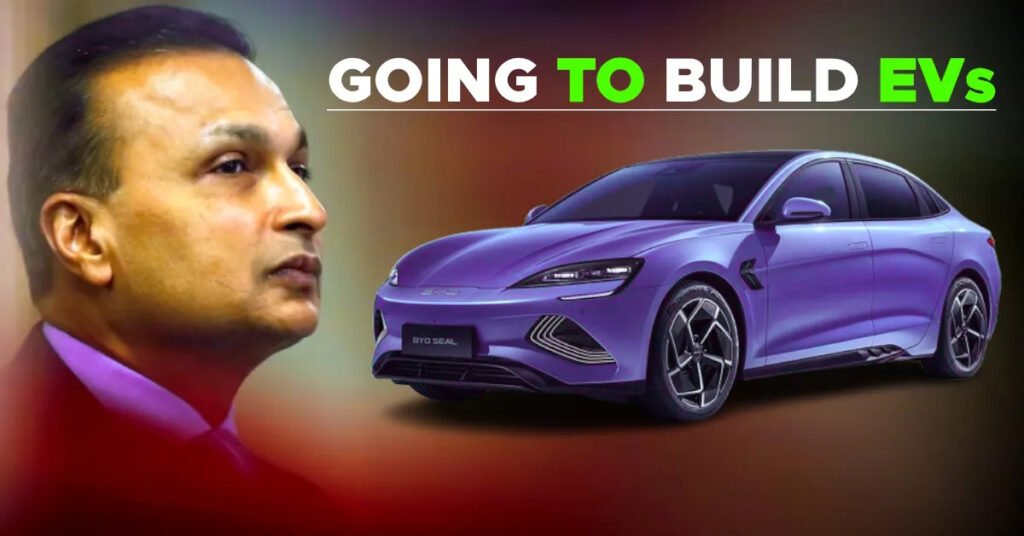Reliance Infrastructure, founded by Anil Ambani, is purportedly preparing to enter the electric vehicle (EV) market and intends to produce electric vehicles and batteries.
According to sources cited by Reuters, the company is looking for partners, particularly Chinese businesses, and will probably finalize its plans in the next months.
Sanjay Gopalakrishnan, a former executive of BYD India, has been brought in by Reliance Infra as a consultant to offer advice on the EV project. Gopalakrishnan, who left BYD last year to retire, introduced three EVs, built a dealership network, and founded the Chinese EV major’s passenger vehicle division in India.
According to the article, the Reliance Group—not to be confused with Reliance Industries, which is managed by Mukesh Ambani—has also engaged outside consultants to carry out a “cost feasibility” assessment in order to establish an electric vehicle facility that will initially be able to produce roughly 2.5 lakh vehicles annually. The study also aims to determine whether increasing output to 7.5 lakh units at the same factory over “some years” is feasible.
According to reports, the business has launched two brand-new, fully owned subsidiaries in the auto industry. The “primary objective” of Reliance EV Private Ltd, one of them, is to “manufacture, deal in vehicles of every description and components for transport and conveyance using any nature of fuel,” according to the report.
Reliance Infrastructure has had financial difficulties recently, including high debt levels and cash flow problems, thus it is unclear how the business intends to finance its entry into the electric vehicle market.
Just one day after Mukesh Ambani’s Reliance Industries won a proposal to acquire production-linked incentives (PLIs) to construct a 10 GWh battery cell production line, the Anil Ambani-led business revealed its EV intentions.
With this, Reliance Infrastructure may become the newest player in the EV market, which is currently filled by global firms like MG Motor, BYD, and Hyundai Motor as well as industry titans like Tata Motors and Maruti Suzuki.
The business would face competition from regional heavyweights like Exide and Amara Raja, which have also joined with Chinese businesses to share knowledge in order to produce lithium-ion battery cells domestically.
Still, the Indian EV market is expected to grow at a quick pace and reach a $114 billion market size by 2029.

